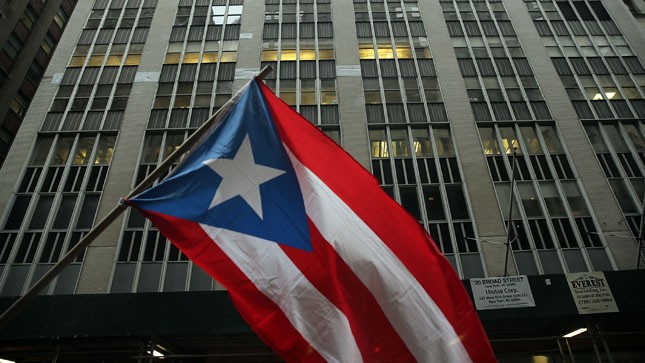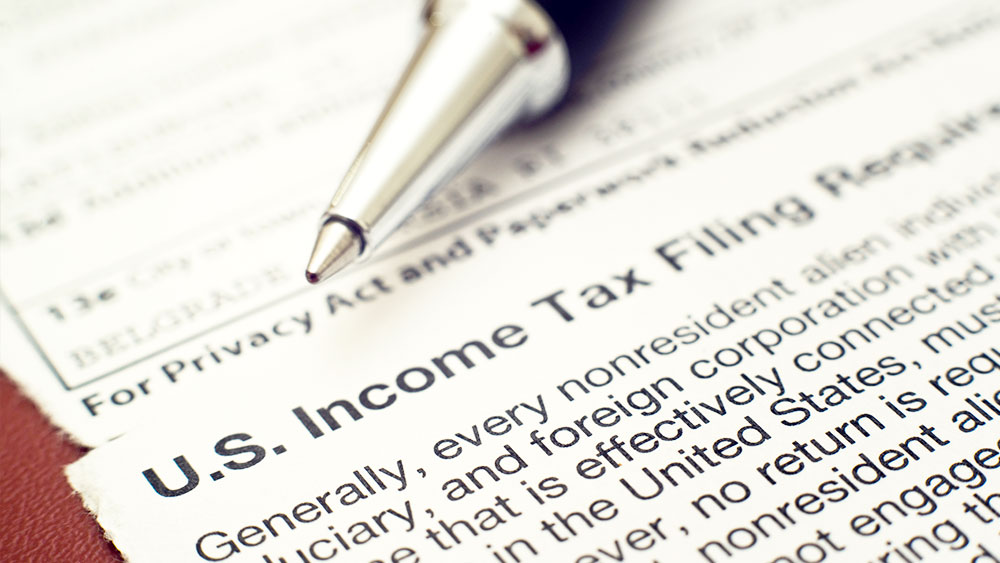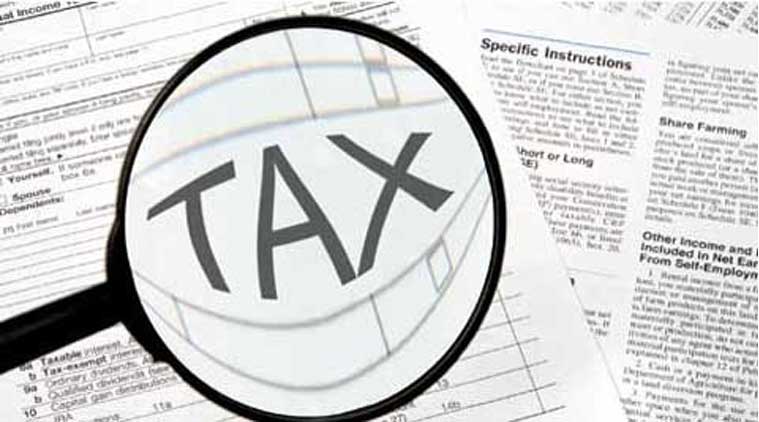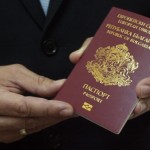Good News from Congress for Act 20 Business in Puerto Rico
Good news out of Washington for Act 20 businesses in Puerto Rico. It appears that the US has decided to allow Puerto Rico to reorganize its debts in some manner… not formal bankruptcy, but a restructuring with court oversight.
The rules would be similar to Chapter 9 for municipal bankruptcies, with a few sections more favorable to creditors. The House was careful to avoid the term “bankruptcy,” and to avoid the stigma of a bailout. No cash is being sent to help Puerto Rico, only new rules.
The bill has two main provisions:
- It creates a seven-member fiscal oversight board with members appointed by the president and congressional leaders that will have to approve Puerto Rico’s future fiscal plans.
- It allows the island to legally pay less than 100 percent of what is owed on old debts.
This appears to be a one time deal. Had Puerto Rico been granted bankruptcy protection, they could have used it for future debt. Puerto Rico gets special consideration one time and then returns to its status as a Territory, along with the US Virgin Islands and Guam.
This is big because it means that Puerto Rico won’t lose its special tax status. It also means that the island won’t be torn asunder by its $70 billion debt, an amount approximately equal to 68% of Puerto Rico’s gross domestic product. The island defaulted on $2 billion of these obligations May 1, 2016 and says it’s unable to pay upcoming installments.
The reason Congress must act is that Puerto Rico is barred from the US bankruptcy courts. Because it’s not a State, Puerto Rico can’t declare bankruptcy like so many US cities and municipalities have done. Without intervention from Washington, the only option would have been years of court battles and uncertainty.
For an example of what could have been, consider Argentina. They defaulted in 2001 and 2010 on their bond obligations. The case was fought in the US courts for over a decade, finally being resolved in 2015. For many of those years Argentina was unable to borrow from the world markets, which put its economy in turmoil.
We were beginning to see signs of this in Puerto Rico. On May 4, 2016, Puerto Rico bondholders sued the Development Bank to stop payments of salaries and other distributions. They sought to freeze all transactions on the Island until they got paid… essentially holding the Puerto Rico economy hostage until their demands were met. Exactly what the vulture funds did to Argentina.
With decisive action from the US Congress, these issues will be resolved in an orderly manner. Bondholders will take a haircut – and probably a substantial one to the tune of 70% – but business will go on and money will flow.
This offers stability to Act 20 companies who hold bank accounts on the island. When you have a disorderly, hostile, and litigious situation, you are concerned about the reliability of local banks. Will the government seize funds in those accounts as they did in Cyprus? You never know and don’t want to put your money at risk by keeping substantial sums in Puerto Rico banks.
- If you’re new to the Puerto Rico tax deas, checkout my article Blood in the Streets Tax Planning for a discussion of Act 20. I’ll also summarize below.
Fortunately for Americans operating in Puerto Rico, your Puerto Rico company can open a bank account anywhere in the United States. You can take your PR company documents to your local Wells Fargo or Bank of America and open an account in a few minutes – something that is not possible with an offshore corporation.
But, now that the banking risk has passed, I suggest clients hold their operating capital and retained earnings in Puerto Rico. This minimizes your contact with the United States and can be a positive factor in an audit. I am now recommended Scotiabank in Puerto Rico as the best business bank available to Act 20 companies.
This is all good news for Act 20 companies. As is the fact that Act 20 and 22 were not mentioned in the House bill. There is no attempt to put an end to these tax holidays. In fact, the US Treasury suggested that Puerto Rico should be required to do more to increase investment in the region, a suggestion that the House failed to include.
EDITORS NOTE: On July 11, 2017, the government of Puerto Rico did away with the requirement to hire 5 employees to qualify for Act 20. You can now set up an Act 20 company with only 1 employee (you, the business owner). For more information, see: Puerto Rico Eliminates 5 Employee Requirement
Even better news is the minimum wage moratorium included in the House bill. While US tax laws don’t apply to Puerto Rico, Federal minimum wage does. This is why the minimum salary in Puerto Rico is currently $7.25.
While Federal minimum wage is, by definition, the lowest wage allowed in the nation, it appears to be going up under Mr. Obama. Any increase of the Federal wage is sure to be far lower than the 13 states and cities, including California, New York and Washington, D.C., who have passed $15 per hour minimum wage laws to be phased in over the next few years.
The moratorium contained in the House bill exempts Puerto Rico from increases in the Federal minimum wage for the next 5 years. So, no matter what the US does with salaries, they will be locked in at $7.25 for the next 5 years in Puerto Rico.
- Technically, the oversight board (not the government of Puerto Rico) has the ability to lower its wage below the Federal minimum wage. Don’t expect it to drop below $7.25 without riots in the streets.
The bill also exempts Puerto Rico from Obama’s overtime rules. Combine this with a fixed minimum way, and you, the Act 20 business owner, see some cost savings and permanence in the House bill.
Add to this the fact that Act 20 comes with a 20 year guarantee on its 4% tax rate, and you have a uniquely low cost and stable situation in Puerto Rico.
If you’ve read this far in the article and have no idea what Act 20 is, I think you for your perseverance. Allow me to briefly summarize the offer here.
Act 20 is a statute in Puerto Rico that allows you to operate a business on the island with a minimum of 5 employees and pay only 4% in tax on corporate profits on Puerto Rico sourced income.
That business should be providing a service from Puerto Rico to persons and/or companies outside of Puerto Rico. Good candidates are internet marketing, loan servicing, import of goods for sale in the US, sales, website design, and just about any other portable service business.
Net profits of the business can be held in the corporation tax deferred. If the owner of the company moves to the island and qualifies under Act 22, he or she may withdraw profits as tax free dividends.
If your net profits are $500,000 or more, and you need 5 employees, you will find that the tax deal offered in Puerto Rico is far superior to anything available offshore. If your profit is less than $500,000, then you might get a better deal in a zero tax offshore jurisdiction like Cayman. For an article on this topic see Puerto Rico Tax Deal vs Foreign Earned Income Exclusion.
If you can’t use 5 employees in Puerto Rico, then stick with Panama, Cayman Islands and other jurisdictions. The purpose of Act 20 is to increase employment on the Island, so the minimum number is non-negotiable. For more information on Cayman, see Move Your Internet Business to Cayman Islands Tax Free.
I hope you have found this article helpful. For more information on moving your business to Puerto Rico, please contact me at info@premieroffshore.com or call (619) 483-1708. I will be happy to structure your business and negotiate an Act 20 license with the government of Puerto Rico on your behalf.











